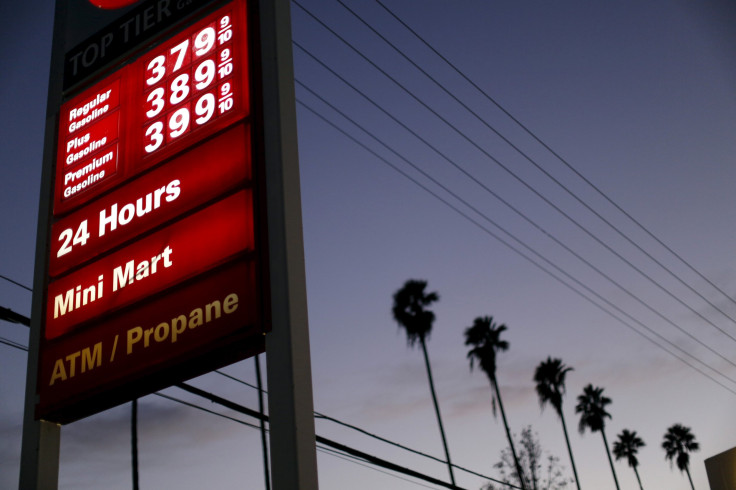How Long Will Gas Prices Stay Low? Alabama Colonial Pipeline Explosion May Have An Impact At The Pump

Those refreshingly low gas prices Americans have been enjoying throughout 2016 might be coming to an end after a deadly explosion occurred on the Colonial Pipeline Monday, the largest gas pipeline in the nation. Analysts say drivers are already beginning to see an impact at the pump in Alabama where the blast occurred and across the southeastern United States, which relies heavily on the pipeline.
Alabama’s governor has declared a state of emergency to prepare for a possible shortage and facilitate gas through the region. The American Automobile Association (AAA) has been warning prices will continue to rise in the coming weeks, following the Colonial Pipeline Co.’s announcement it was temporarily shutting down the massive pipeline. Prices rose by 25 cents overnight in Georgia and 17 cents in Tennessee immediately after the explosion, according to AAA Carolinas.
Drivers in the southeast and along the east coast may soon see price increases at the pump #AAAgas https://t.co/i36m3vlTHN via @CNNMoney
— AAA (@AAAnews) November 1, 2016
Gasoline futures jumped 15 percent during intraday trading Tuesday, the Wall Street Journal reported. Before this week, gas prices have become increasingly low in recent years, with analysts predicting the wallet-friendly trend would hold steady for as long as a decade. The national average price for a gallon of gasoline cost just $2.21 in November – down from 2015’s average of $2.40. The average price was $3.64 in 2012.
The colonial pipeline stretches 5,500 miles, carrying 1.3 million barrels of gasoline per day from Texas to New Jersey. Colonial Pipeline Co. has announced it will likely reopen the pipeline as early as this weekend. But the full impact on gas prices from the blast, which killed one worker and injured five others after a trackhoe struck the pipeline in Shelby County, Alabama, remains uncertain.
"This is a tragic accident. We had a contractor excavating over the top of a pipeline," Colonial Pipeline representative Bill Barry told reporters in a press conference Tuesday. "Exactly what happened, how it happened, whether there were steps that were missed -- these are all things we're going to be investigating over the course of the coming days and weeks. We will learn from this and we will apply corrective actions as appropriate to make sure that this never happens again."
The interruption in supply will almost certainly have a greater impact on the southeastern United States, as the northeast may be able to temporarily substitute its dependency on the pipeline with waterborne gas shipments.
© Copyright IBTimes 2024. All rights reserved.






















